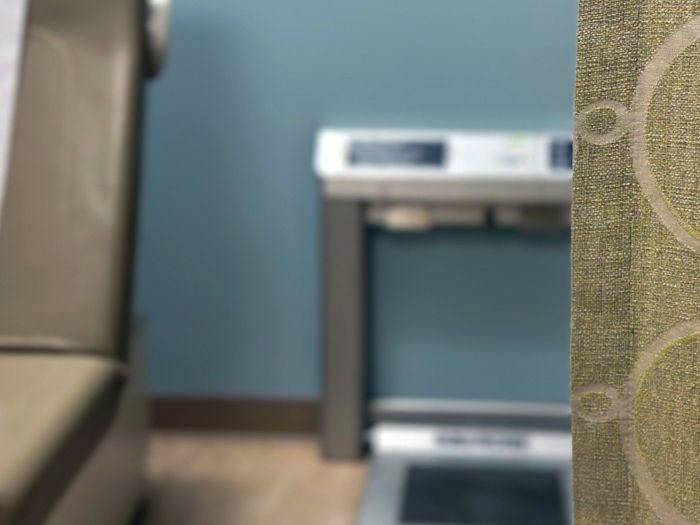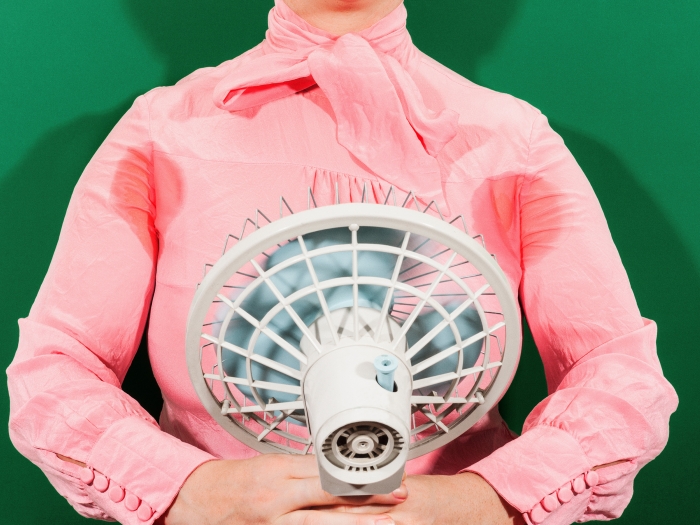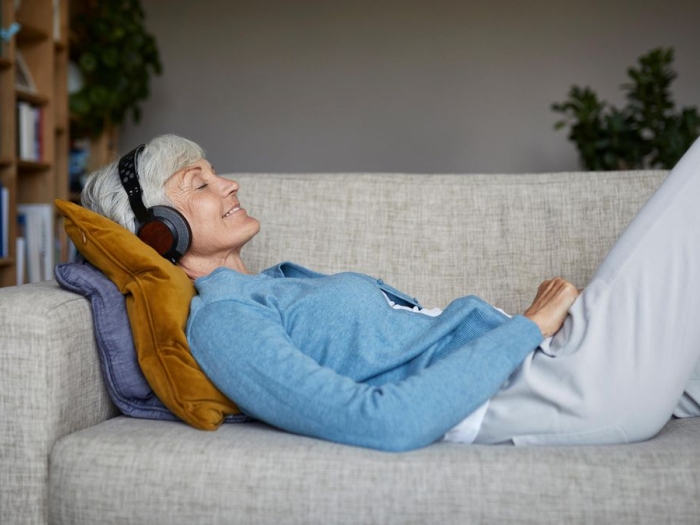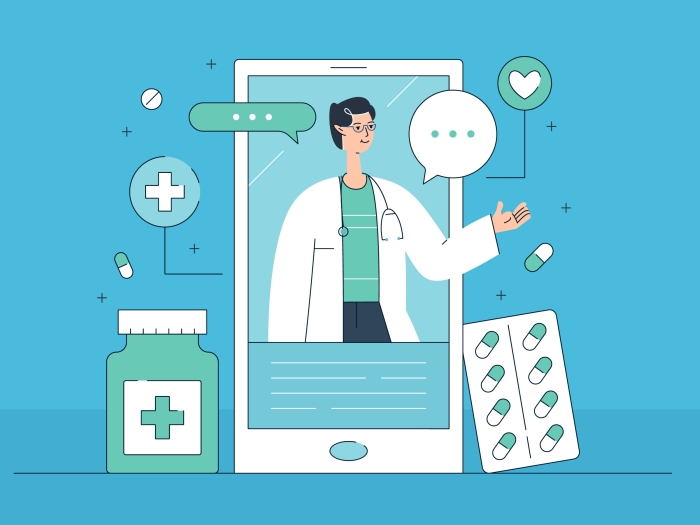Research and Policy Media Relations Manager
Gavin draws on more than 25 years of experience in communicating about science, medicine and health policy. She focuses mainly on the health services research done by members of the U-M Institute for Healthcare Policy and Innovation, who work to understand and improve the safety, quality, equity and affordability of health care. As part of the Michigan Medicine communication team, she has lead responsibility for primary care and mental health topics. Contact: [email protected]; Twitter: @Karag


Health Lab
Telehealth study of patient portal e-visits by Medicare participants shows few had an interaction for which their provider billed them.

Health Lab
Most people with risk factors for cardiovascular disease – what are sometimes called the Essential Eight – are managed by primary care clinics, or haven’t seen any provider recently

Health Lab
Perinatal mental health research shows more pregnant people and those who have recently given birth are getting diagnosed and treated for depression, anxiety and PTSD, but disparities remain.

Health Lab
Many women don’t get cervical cancer screening such as Pap tests, or don’t go for follow up diagnostic tests; a new study shows what could happen if all of them did.

Health Lab
Patients living in areas with the worst shortages of primary care providers are more likely to have emergency surgery, surgical complications and hospital readmissions.

Health Lab
Today, thanks to researchers, medical and public health experts, pharmaceutical companies, engineers and others, we know more and can do more about the coronavirus called SARS-CoV2, and the disease called COVID-19, than ever before.

Health Lab
How do ageism and positive age-related experiences differ for people who have tried to look younger, or feel they look younger, than they actually are? A new study examines this and the relationship with health

Health Lab
Obesity care under a health care provider’s supervision, whether through nutrition counseling, medication, meal replacement or bariatric surgery, can help people with high BMI, but many don’t receive it.

News Release
Lung disease specialist comes to Michigan from Vanderbilt University School of Medicine to lead largest department

Health Lab
Women who have both migraines and a long-term history of hot flashes and/or night sweats have a slightly higher risk of heart disease and stroke, and young women who have migraines have a higher risk of later persistent menopause symptoms.

Health Lab
New findings about the impact of IV ketamine on treatment resistant depression add more fuel to the potential for broader use and insurance coverage.

Health Lab
Making music by singing or playing an instrument, or listening to music, brings health and wellbeing benefits to many older adults.

Health Lab
Intravenous (IV) ketamine helped relieve the depression symptoms of half of the veterans who received it at VA hospitals.

Health Lab
Elective surgery study shows older adults have concerns about what it will cost them, how much work they’ll miss and whether they’ll catch COVID-19.

Health Lab
Buying health care services directly online offers convenience but also risks if patients don’t tell their regular doctor or provider. Poll looks at older adults’ use and attitudes.